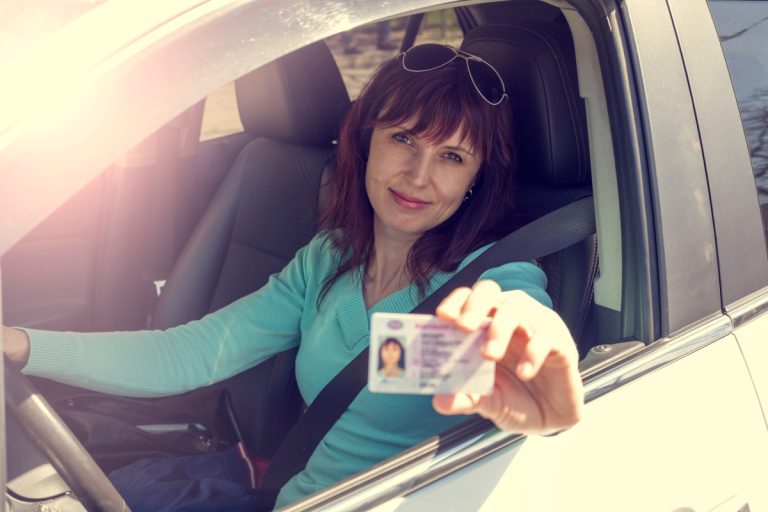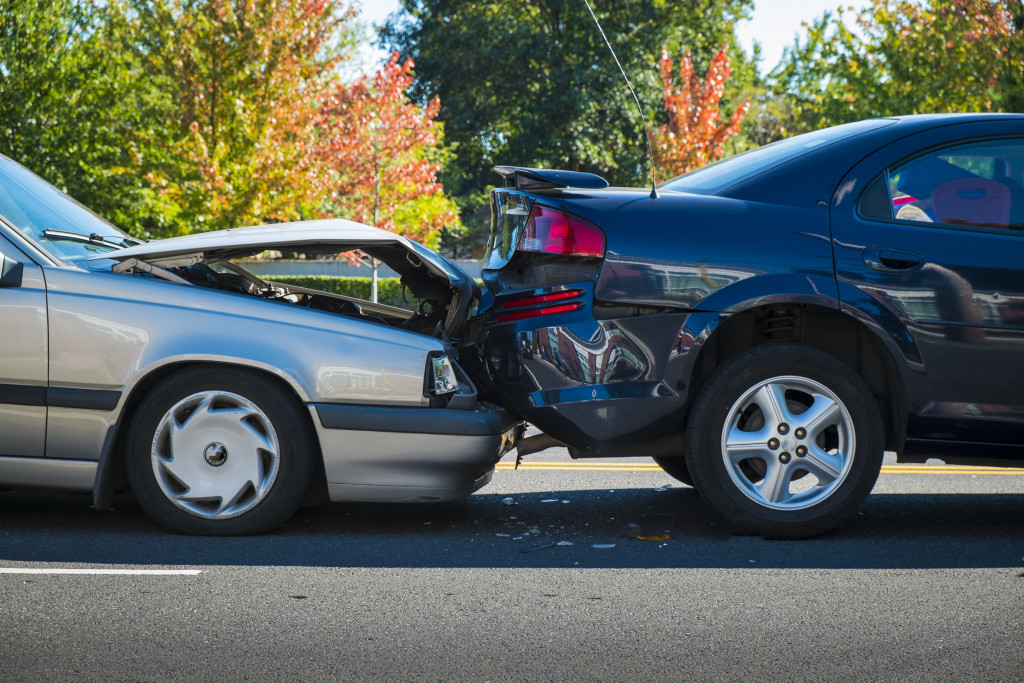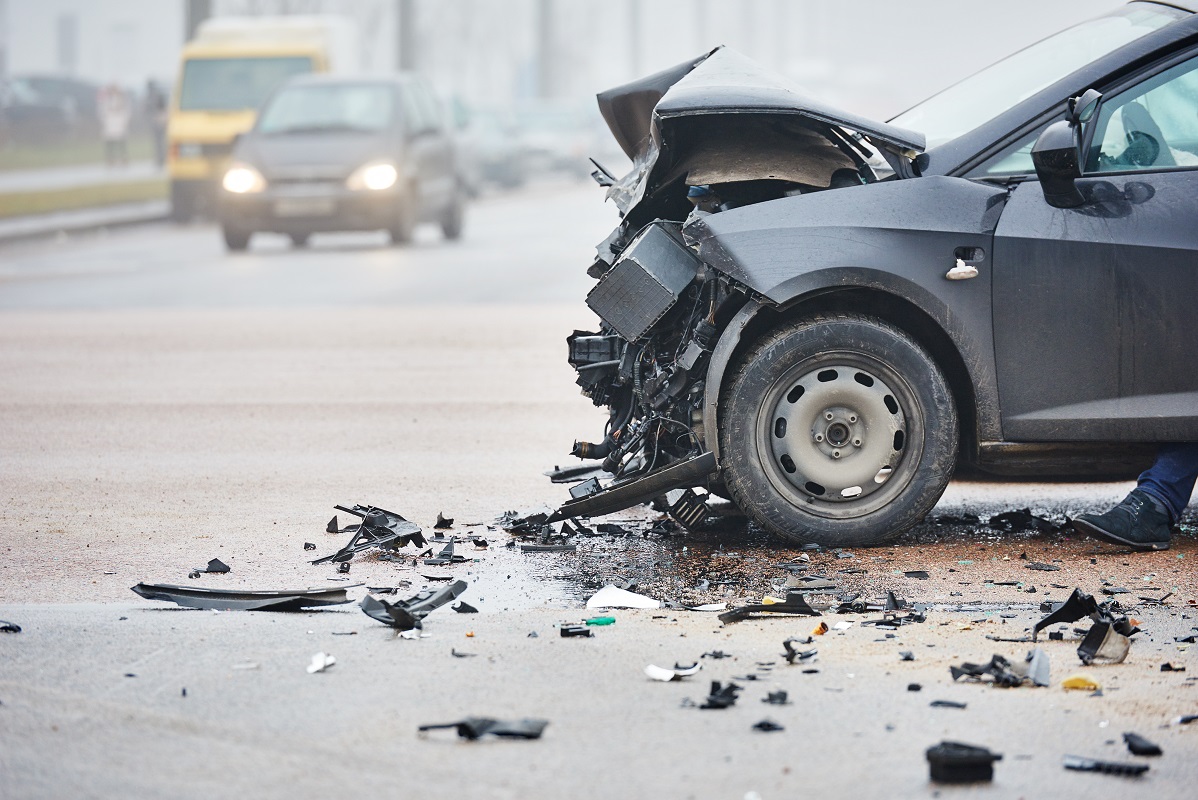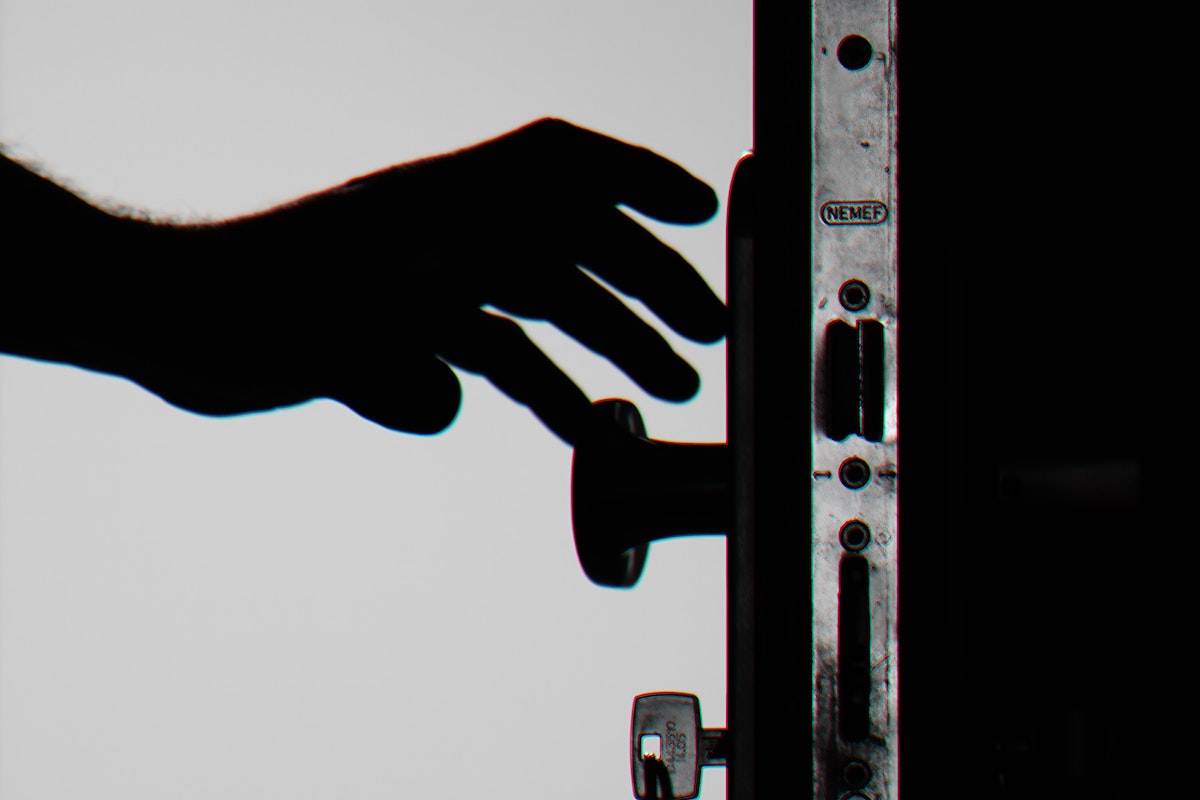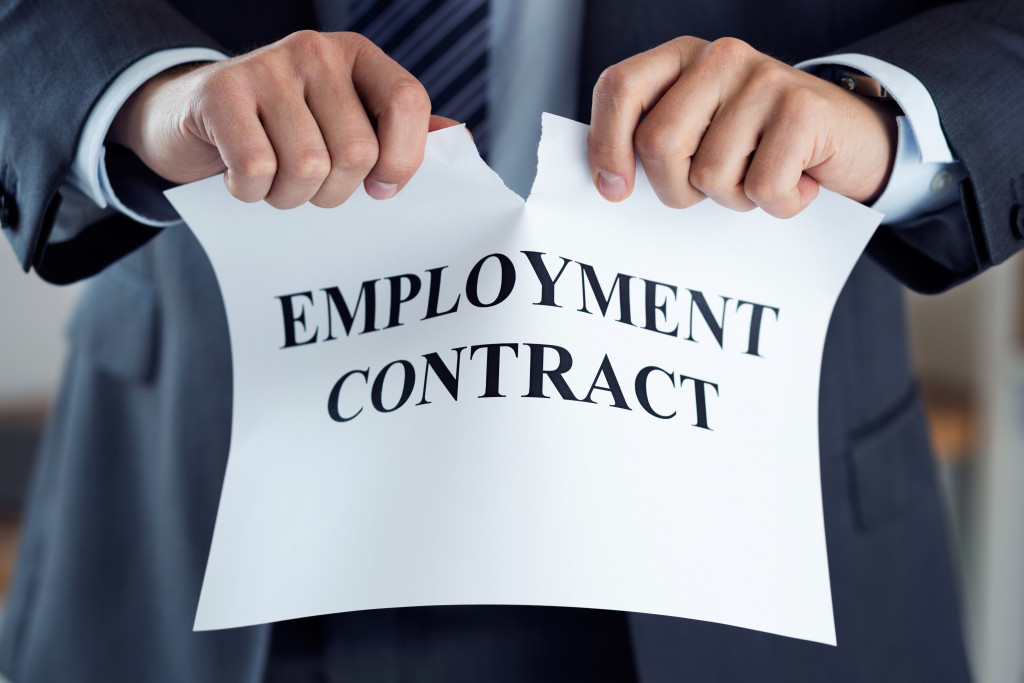A driver’s license is a document that legalizes and confirms a specific individual’s authorization to operate one or more types of motorized vehicles, like motorcycles, cars, trucks, or buses, on public roads.
In the United States, laws regarding driving without a license vary from state to state. Generally, it is illegal throughout the country for an individual to operate a motor vehicle on public roads without a valid driver’s license.
However, there are some exceptions to this rule and specific scenarios in which individuals can legally drive without having a license. Here are some ways how to drive without a license legally.
When and How to Drive Without a License Legally?
You must have a valid driver’s license to drive a vehicle on public roads. Private roads, such as those on farms or driveways, generally do not require a license. While some scenarios might seem like exceptions to this rule, they are typically not. At this point, you may also ask, “What can I drive without a license?”
Under certain circumstances, individuals may be allowed to drive without a license. This includes driving on an off-road vehicle such as a dirt bike or ATV, operating farm equipment and implements for agricultural purposes, and crossing state lines to demonstrate that the vehicle is roadworthy.
Specific Situations Where Driving Without a License is Permitted
Here are specific situations where you can legally drive without a license:
- Medical Emergencies – If you need to drive to a medical emergency in certain states, you may be allowed to do so without a license. But you must have evidence to prove that it is a medical emergency. This could include presenting a doctor’s note or an ambulance call sheet to the police. It is essential to verify with the appropriate authorities before driving. Laws vary by state, and it’s critical to avoid breaking laws and risking getting in trouble for driving without a license.
- Driving Farm Equipment – You don’t need a license to drive farm equipment on public roads, such as tractors and combines. However, if you plan to operate them on highways, you must have a valid license. Operating farm equipment does not require a license because these vehicles are designed for slow-moving agricultural work and not for faster highway travel. Farmers are generally permitted to drive their equipment on public roads for agricultural purposes, such as moving between fields or taking the machinery for repairs.
Where Can You Legally Drive Without a License?
In most cases, the answer is simply no. However, some states provide exceptions for certain scenarios. Here are some places where you can drive without a license.
Private Property
You can drive without a license on private property that is not open to the public, like driveways, parking lots, and farms. But you need a license if you’re driving on commercial property, like a parking lot or mall. If you’re a minor driving on private property, you must be supervised by an adult with a license. Even so, the property owner may be responsible for any accident or damage, and insurance companies may not cover unlicensed drivers.
Dirt Bike Trails
To clarify, dirt bikes are typically not allowed on public roads and usually don’t require a license to operate off-road. However, it’s important to note that different states have age restrictions for operating them, so it’s best to check local laws before riding. It’s important to note that ATVs, including three- and four-wheeled vehicles, may have different laws regarding age restrictions and safety certifications. Additionally, you will need a valid license if you plan to ride a dual-sport motorcycle on public roads.
Racetracks
If you plan to go to a racetrack, bring your license, as most tracks require it. Rules may also differ depending on if the track is on private or public property. However, having your license can prevent you from getting a speeding ticket while on the track.
An Airfield
Driving on an airfield is allowed in certain states, particularly private or unused airfields, as long as the owner’s permission is obtained. Knowing the airfield’s layout, including the runway’s location and potential hazards, is crucial. Remembering that there could be indemnity if anything goes wrong is important.
Off-Highway Vehicle Areas
The United States has many designated off-highway vehicle (OHV) areas for your enjoyment, such as the Bureau of Land Management (BLM) and forest service lands. It’s important to note that although the government does not have age limits or rules for OHV riding, each state has laws and regulations. For example, those between the ages of 10 and 16 can operate an OHV in Colorado as long as they are closely supervised by someone with a valid driver’s license. Before embarking on your OHV adventure, research additional rules regarding vehicle registration passes and entry fees that may be required.
How About if I Drive a Motorcycle?

If you plan to ride a motorcycle, the law is clear: You must have a valid driver’s license. This includes operating standard motorcycles or mopeds and driving off-road. In most states, anyone under 18 who wishes to drive a motorcycle must complete an approved safety course and obtain a license. Additionally, many states require a special endorsement or license for those who want to operate a three-wheel motorcycle. Be sure to check your local laws before hitting the road.
Are There Street-Legal Vehicles That Don’t Require a License?
In some states, there are street-legal vehicles that don’t require a license. Such vehicles include golf carts, low-powered scooters, electric bicycles, or assisted cycles. Before operating one of these vehicles on public roads, you must check your local laws to ensure you comply with all regulations.
The Importance of Having a Valid Driver’s License
A valid driver’s license is one of the most essential documents to operate motorized vehicles on public roads. Not having one can have severe consequences, from being fined to losing your vehicle registration.
Additionally, insurance companies may not cover unlicensed drivers in case of an accident. That’s why knowing the laws and restrictions regarding driving without a license is essential as ensuring you have the necessary documents when operating motor vehicles.
Be sure to check your state laws for any additional rules or regulations that may apply. That way, you can enjoy a safe and legal ride without risking trouble for driving without a license.
Step-by-Step Guide to Obtaining a Driver’s License in Your State
To make sure you’re legally driving on public roads, follow these steps to obtain a driver’s license in your state:
- Check the minimum age requirements for getting a license in your state.
- Contact the local DMV or licensing authority for up-to-date information on obtaining a driver’s license and the necessary documents.
- Get a learner’s permit (if necessary) to practice driving before taking the final test.
- Take a driver’s education course, if required, in your state.
- Schedule and pass the written behind-the-wheel and road tests.
- Receive your driver’s license and keep it up to date with renewals as needed.
- Stay aware of any changes in laws or regulations related to driving in your state.
What Happens if I Drive Without a License?
Driving without a license is illegal in most states and carries severe consequences. You can receive hefty fines and even jail time, depending on the situation. Additionally, your vehicle may be towed and impounded, or you may lose your registration privileges. Similarly, you can expect a penalty for letting an unlicensed driver drive your car. That is why knowing all the legal requirements for driving in your state is essential.
If you’re involved in an accident while driving without a license, insurance companies may not cover you or the other drivers in case of damages. That’s why it’s essential to make sure you have a valid driver’s license before operating motor vehicles on public roads.
What to Do If You Are Caught Driving Without a License?
If you are caught driving without a license, the police officer may issue a citation or arrest you, depending on the severity of the offense. The best thing to do is remain calm and follow instructions from the police officers. Also, contact an attorney as soon as possible for advice on proceeding with your case.
In some states, such as California, you may be able to have your ticket dismissed by taking a driver’s education course and reapplying for a license.
Exploring Transportation Options: Public Transit, Carpooling, and Ridesharing

Sometimes, exploring alternative transportation sources may be better than driving without a license. For example, you can take public transit such as buses and trains, carpool or rideshare with friends or family members with valid licenses, or use an app-based ride-hailing service like Uber or Lyft.
Public transit can be a more affordable and convenient way to get around while carpooling or ridesharing are great options for long-distance trips. Additionally, ride-hailing services make it easy to request a safe and reliable ride whenever needed.
Frequently Asked Questions (FAQs)
Here are some frequently asked questions about when you can legally drive without a license.
Can You Practice Driving Without a Permit?
In most states, you must have a valid learner’s permit to practice driving before taking the road test. Without a permit, driving on public roads or highways is illegal.
Is It Possible to Own a Car Without a License?
It is possible to own a car without a license. However, you may only be able to register the vehicle or obtain insurance once you have a valid driver’s license.
Can You Drive If You Lose Your License?
To drive on public roads, you must have a temporary license. You can get it online in some states or at your nearest DMV. Just verify which documents are required when you go.
What Are the Consequences of Driving Without a License?
The consequences of driving without a license vary by state but often include hefty fines, loss of vehicle registration privileges, and even jail time. Additionally, insurance companies may not cover unlicensed drivers in case of an accident.
Can You Go to Jail for Driving Without a License?
You may risk going to jail for driving without a license. Depending on the severity of the offense and your state’s laws, you can face fines, loss of vehicle registration privileges, and even jail time.
Is Driving Without a License a Felony?
It depends on the severity of the offense and your state’s laws. In some cases, it can be charged as a felony but usually is considered a misdemeanor.
How Long Can You Drive on an Expired License?
Typically, you can drive with an expired license for 30 days in most states. Nevertheless, renewal requirements differ by state; some may mandate renewing your license earlier than others.
What to Do If You Get Pulled Over Without a License?
If you get pulled over without a license, it’s essential to remain calm and follow the instructions from the police officer. Also, contact an attorney as soon as possible for advice on proceeding with your case.

